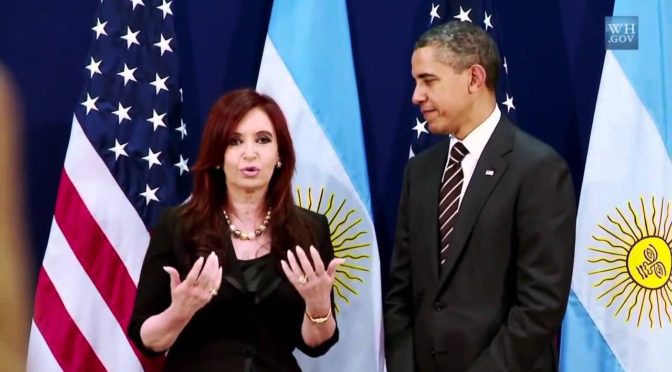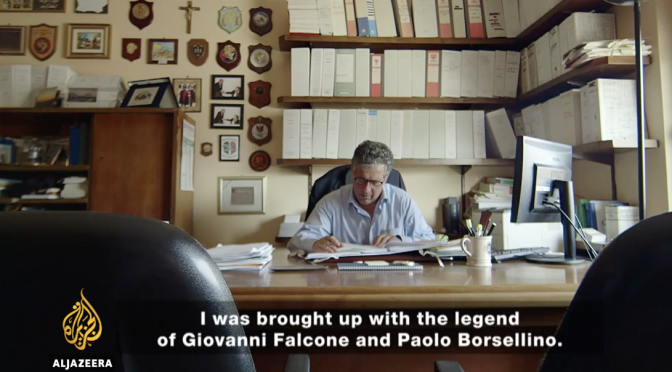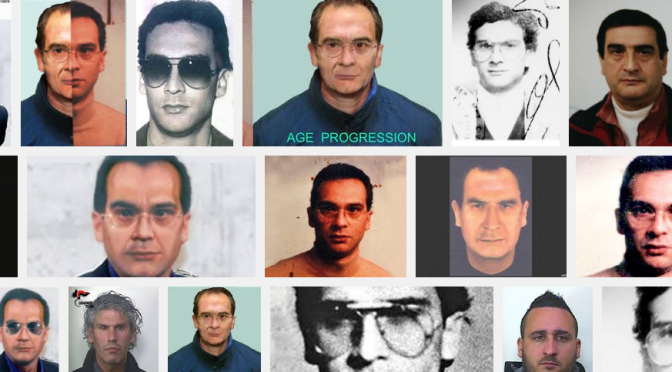—–
Offshore corporations have one main purpose – to create anonymity. Recently leaked documents reveal that some of these shell companies, cloaked in secrecy, provide cover for dictators, politicians and tax evaders. Sohail Al-Jamea and Ali Rizvi McClatchy
Where did a mystery man from Argentina get nearly $65 million to spend on ultra-luxury Miami condos, New York apartments and South Florida strip malls?
That’s what Argentine prosecutors want to know, especially because Sergio Todisco doesn’t seem to have a fortune of his own — and because he once acted as an offshore corporate front-man for a top aide to former president Néstor Kirchner.
The controversy again shows how Miami’s gleaming condos attract secret and potentially illicit money from around the world.
Between 2010 and 2015, Florida companies registered in the names of Todisco and his now ex-wife, Elizabeth Ortiz Municoy, a real estate agent in Miami and Buenos Aires, spent about $21 million on luxury condos at some of South Florida’s best-known towers, including Icon Brickell, St. Regis, Turnberry Ocean Colony, Apogee Beach and 900 Biscayne. The crown jewel was a $10.7 million, four-bedroom unit at the Regalia in Sunny Isles Beach. The companies later sold most of the units.
Other companies that listed Todisco and Municoy as officers invested $30 million in South Florida bank branches and a pharmacy, as well as a $13 million unit at Manhattan’s stately Plaza Hotel.
Only two of the transactions involved mortgages, according to public records, meaning the other deals were likely for cash.
In Argentina, major corruption investigations are swirling around ex-president Kirchner, who died in 2010, and his wife, Cristina Fernández de Kirchner, who subsequently became president. Now, an Argentine federal prosecutor has opened an inquiry to determine if Todisco and Municoy were laundering money for Kirchner associates — or even the Kirchners themselves, although they’re not yet an official target of the investigation.
At the very least, there’s compelling evidence that Todisco and Municoy were buying properties for people who wanted to keep their identities hidden.
“The tax position of Todisco and Municoy revealed by documents obtained [by the prosecutor’s office] makes it impossible to associate them with the million-dollar transactions carried out abroad,” reads a complaint filed as part of the investigation into the Todisco affair.
Here’s why Argentine law enforcement is so suspicious: At the same time Todisco was snapping up luxe Miami condos, he acted as the director of Gold Black Limited, an offshore company based in the British Virgin Islands. Gold Black’s stated purpose was “real estate investment” in the United States, according to documents in the massive leak of confidential offshore files known as the Panama Papers.
The company’s owners? Néstor Kirchner’s personal secretary and close friend, Héctor Daniel Muñoz, who died of cancer earlier this year, and Muñoz’s wife, Carolina Pochetti.
A lawyer for Fernández de Kirchner did not respond to questions and Pochetti could not be reached.
The president’s shadow
Muñoz had been a debt collector at the Kirchners’ law firm before they came to power.
During his time in government, he served as Kirchner’s “body man,” a sort of valet and jack-of-all-trades who answered the president’s phone, handled his medication and stayed by his side when he was hospitalized. Kirchner affectionately called him el gordo (“fatty”) and, according to a press account, once slapped him during an argument. The pair was also fond of play-wrestling. When Kirchner couldn’t sleep, he would wake up his friend to keep him company.





